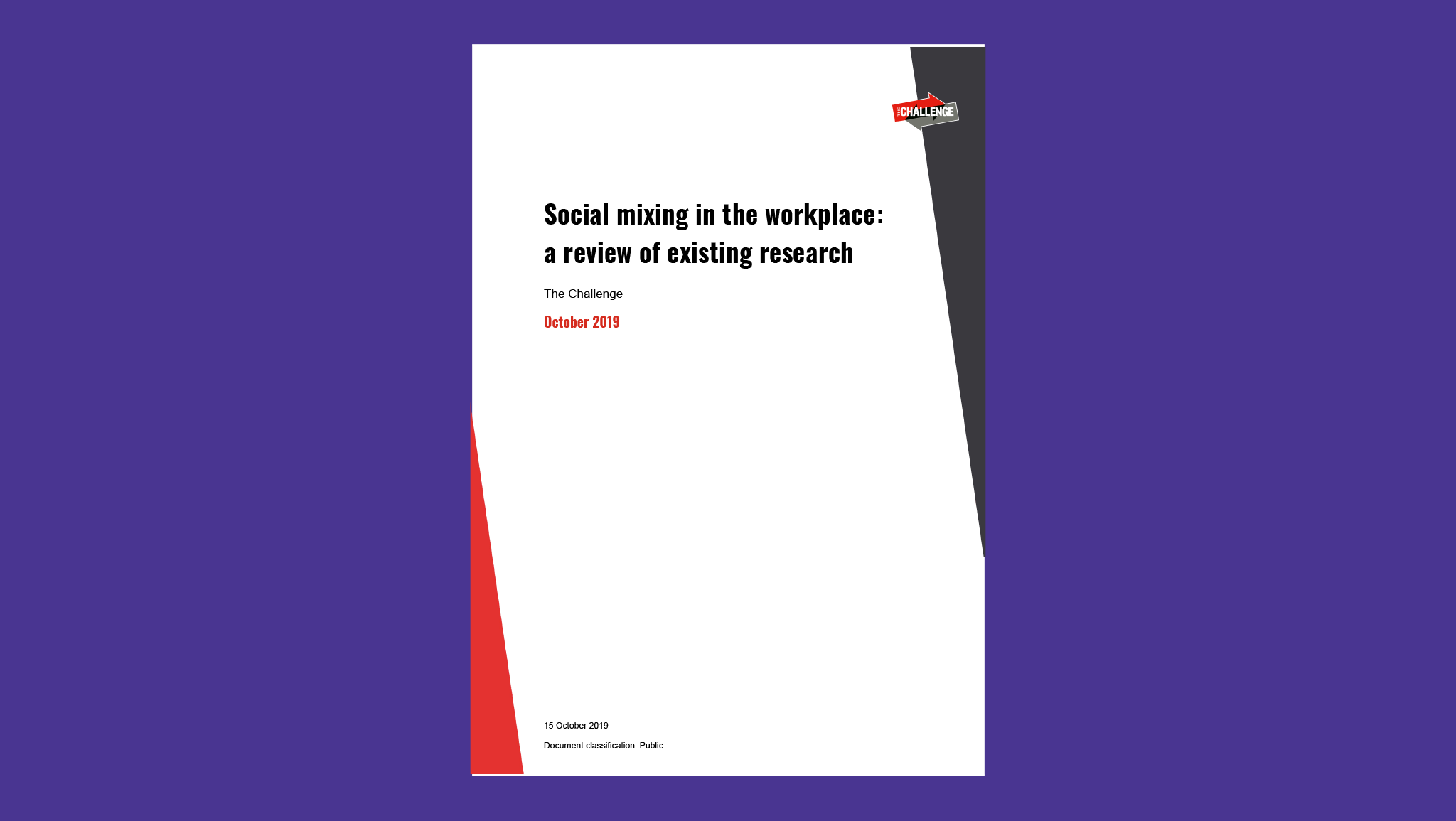This resource is for those interested in methods and conditions for social mixing in the workplace. It details a range of literature which covers theoretical foundations for integration and methods and tools for improving workplace mixing across ethnic groups, generations and socio-economic divisions. Download the report to understand better existing research and the potential for workplace integration going forward.
Summary of key points:
- Why does the workplace matter for social mixing?
- Workplace tend to be more diverse than other sites of interaction such as neighbourhoods, so they bring us into contact with people from different ethnic groups, ages, and socio-economic backgrounds
- We can’t choose our colleagues – so workplaces break the natural tendency to mix with people who are similar to ourselves
- Workplaces create opportunities for meaningful mixing – we cooperate with colleagues towards shared goals, and over time can develop friendships
- What do we know from the existing research?
- When we have positive interactions at work with people who are different from us, it can result in more positive attitudes, reduced prejudice, and higher levels of friendship
- The quality of contact is important – interactions which are enjoyable, informal, or personal are more likely to have positive results
- Good relations between colleagues do not always extend beyond the workplace
- What do we need to understand better?
- There is good evidence on the effects of workplace mixing on relations between different ethnic groups and generations – but more research is needed into how interactions at work can bridge socio-economic divides
- How can we encourage interactions at work – what policies, behaviours, and programmes can maximise the potential for mixing?
- Remote working, the gig economy, and automation are all reshaping the nature of work – what will the changing work behaviours mean for workplace socialising?

